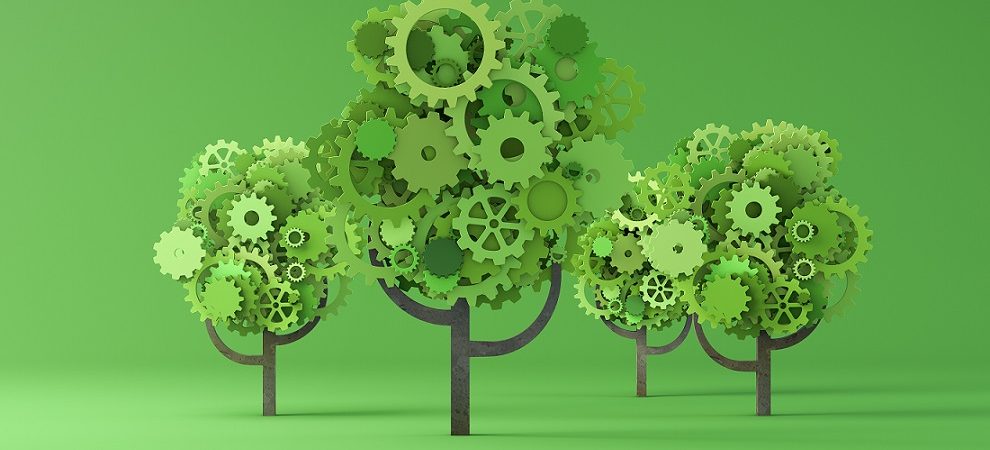Developed by the employees themselves, the SIMS Project (Innovative Solutions for a Sustainable World) helps to reinforce sustainability at different stages of the operation.
Worldline, the European leader in the sector of payments and transactional services, reinforces its commitment to sustainability and environmental preservation with the SIMS project – Innovative Solutions for a Sustainable World (Soluções Inovadoras para um Mundo Sustentável in Portuguese).
Developed and led by employees of the TSS business unit in Latin America, the initiative aims to propose practical solutions to avoid wasting resources, optimize processes and reduce the company’s impact on nature and society.
Akira Higashi, Project Co-ordinator, Worldline, said: “The world is experiencing big changes, with new technologies emerging exponentially and sustainability becoming increasingly an extremely important topic for all of us. Therefore, our project was born with the objective of seeking technological innovations that would help us to optimize the consumption of raw materials and reduce the environmental impact of our operation.”
This action started with the development of an Augmented Reality educational application, available to the entire company, which shows how to recycle materials, in addition to promoting and raising awareness on relevant topics such as circular economy, renewable energy sources, reuse and disposal of materials, among others.
“From this work, we identified that we could help to map the processes and requests of our teams to help make the actions increasingly sustainable. For this, we had the participation of several professionals in Brazil and throughout Latin America,” said Higashi.
One of the focuses of the initiative has been to encourage recycling, separation of materials and reprocessing, resulting in a growth of over 150% in the volume of processing of disposable materials generated by the repair of payment terminals in Brazil. In total, more than 127 tons were processed in 2020, against about 50 tons in 2019.
In addition to separation and recycling, the SIMS Project has also been developing initiatives to increase the internal reuse of parts, components and other items. Among the measures, for example, is the creation of a special machine for polishing the front glass of the terminals, in a process that reduces the replacement of parts and, consequently, causes less consumption of raw material.
Another important measure is the development of an exclusive technology for the reuse of plastics, allowing the transformation of components into filaments for 3D printing, which enables the reuse of materials and carcass in other components and parts of the terminals.
They also highlight the implementation of equipment for the separation of glass and plastic, and the adoption of renewable energy solutions (mainly solar-based) for the complete energy supply of the repair center in Brazil.
“All these measures are already present in the Brazilian operation and now the goal is to take them to other centers in Latin America,” said Higashi.
Click below to share this article

